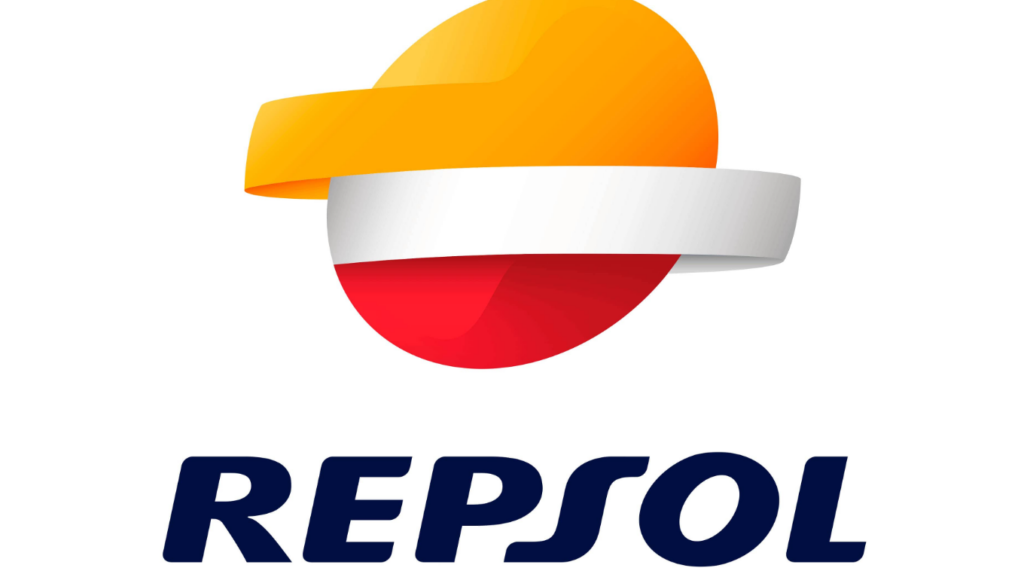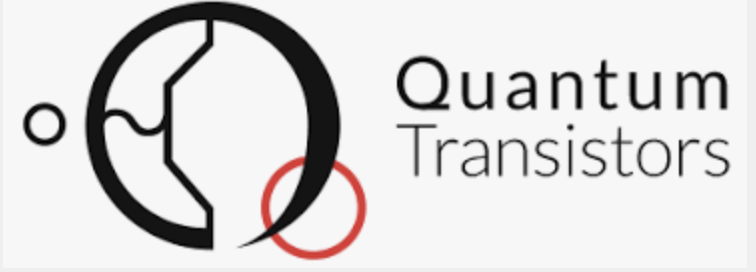Insider Brief
- Microsoft and Quantinuum created logical qubits with an error rate 800 times better than physical qubits and made four highly reliable logical qubits from only 30 physical qubits.
- By applying Microsoft’s breakthrough qubit virtualization system – with error diagnostics and correction – to Quantinuum’s ion-trap hardware, the researchers ran more than 14,000 individual experiments without a single uncorrected error.
- The companies say the advance will help move quantum computing out of the current Noisy Intermediate-Scale Quantum (NISQ) level to Level 2 Resilient quantum computing.
If you thought your heard the sound of a door latching behind you, Microsoft and Quantinuum may have just closed — perhaps not slammed — the door shut on the Noisy Intermediate-Scale Quantum (NISQ) era.
In what could be a significant advance, Microsoft and Quantinuum scientists reported they successfully demonstrated the most reliable logical qubits ever recorded. The teams announced the experiment in a series of blog posts and paper on the pre-print server ArXiv.
The two companies ran over 14,000 experiments that relied on the one-two punch of Quantinuum’s ion-trap quantum hardware and Microsoft’s qubit-virtualization system for error diagnostics and correction. Remarkably, they did not encounter a single error during these experiments.
Logical qubits are created by combining multiple physical qubits together to protect against errors and enable longer, more resilient quantum computations. This achievement in logical qubit research, then, represents a major step forward, transitioning quantum computing from NISQ systems to a new level of resilient, fault-tolerant quantum computing, the researchers report.

“For the first time as an industry, we’re advancing from Level 1 Foundational to Level 2 Resilient quantum computing,” Jason Zander, Microsoft’s executive vice president for strategic missions and technologies wrote in a the post. “We’re now entering the next phase for solving meaningful problems with reliable quantum computers. Our qubit-virtualization system, which filters and corrects errors, combined with Quantinuum’s hardware demonstrates the largest gap between physical and logical error rates reported to date. This is the first demonstrated system with four logical qubits that passes the break-even point by such a large order of magnitude.”
The Importance of Error Correction
Current NISQ quantum computers suffer from too much noise and errors in their physical qubits. This makes robust error correction essentially impossible on these systems, severely limiting their usefulness for real-world applications.
As the blog post explains, “The main shortcoming of most of today’s NISQ machines is that the physical qubits are too noisy and error-prone to make robust quantum error correction possible.”
To overcome this, the Microsoft and Quantinuum system combines high-fidelity quantum hardware from Quantinuum with Microsoft’s breakthrough software for qubit virtualization, error diagnostics, and active error correction on logical qubits.
Quantinuum’s ion-trap quantum processors achieve an exceptional two-qubit gate fidelity of 99.8%. This high-fidelity hardware enabled Microsoft’s error correction software to work effectively.
The result was logical qubits with an error rate that is 800 times lower than the physical qubits alone. As the blog post states, “This is the first demonstrated system with four logical qubits that improves the logical over the physical error rate by such a large order of magnitude.”

A Milestone for Quantum Computing
This research represents a crucial milestone on the path to building a full-scale quantum computer. With high enough logical qubit fidelity and scale, quantum computers could tackle extremely complex problems like modeling chemical reactions, simulating new materials, or optimizing processes. These capabilities could help solve grand challenges like climate change, food insecurity, and energy crises.
“With a hybrid supercomputer powered by a hundred reliable logical qubits, organizations would start to see scientific advantage,” Zander writes in the post, “while scaling closer to a thousand reliable logical qubits would unlock commercial advantage.”
While there is still work to be done, the work brings reliable, fault-tolerant quantum computing significantly closer. The researchers state their next goal is scaling to quantum computational supremacy.
Ilyas Khan, founder and chief product officer at Quantinuum, said “Today’s results mark a historic achievement and are a wonderful reflection of how this collaboration continues to push the boundaries for the quantum ecosystem. With Microsoft’s state-of-the-art error correction aligned with the world’s most powerful quantum computer and a fully integrated approach, we are so excited for the next evolution in quantum applications and can’t wait to see how our customers and partners will benefit from our solutions especially as we move towards quantum processors at scale.”
Advancing to Level 2… And Beyond
Momentum is growing for quantum along several pathways, according to the post. Microsoft is expanding its Azure Quantum platform, incorporating the latest NISQ (Noisy Intermediate-Scale Quantum) technology into the cloud. This will improve access for customers beginning their quantum computing explorations.
By integrating artificial intelligence (AI) with quantum computing and cloud-based high-performance computing (HPC), Microsoft introduces Azure Quantum Elements in private preview, the post states. This integrated platform leverages Copilot and Azure’s computational resources alongside quantum algorithms executed on Quantinuum processors, demonstrating a comprehensive workflow for training AI models in property prediction.
The company reports the latest update is a significant step forward in quantum hardware development, elevating it to Level 2. This advancement promises new capabilities using logical qubits, which Microsoft plans to make available in a private preview of Azure Quantum Elements in the near future.
Microsoft says it is advancing quantum computing technology beyond Level 2, with the goal of achieving quantum supercomputing capabilities. The company supports a topological approach to quantum computing, a methodology that the Azure Quantum team has successfully demonstrated as feasible. Achieving Level 3 in quantum computing will potentially enable the resolution of complex challenges, particularly in chemistry and materials science. Eventually, the team hopes to unlock new quantum applications that weld with the best of classical supercomputing and AI, all integrated within the Azure Quantum cloud ecosystem.
Beyond The Breakthrough
Microsoft and Quantinuum have demonstrated a major step towards harnessing the full potential of quantum computing to help solve some of the world’s most complex challenges with this work. However, this isn’t the only breakthrough that’s evident in the project.
Teaming Microsoft — the world’s most valuable company with a market cap of $3.09 trillion — with Quantinuum — arguably the largest quantum company that likely has industry’s largest scientific bench — makes an intriguing partnership. In fact, it’s a long-standing partnership that stretches back years. In 2019, Microsoft first collaborated with Quantinuum to help quantum developers write and run their own quantum code on ion-trap qubit technology which includes high-fidelity, full connectivity, and mid-circuit measurements, the blog post states, adding that multiple published benchmark tests recognize Quantinuum as attaining the best quantum volumes.
While it’s difficult to ascertain future performance based on past experience, the Microsoft-Quantinuum partnership to craft logical qubits could offer a glimpse into the future of quantum business-research collaborations. Microsoft, a general technology giant, has demonstrated a capacity to predict technological progress and nurture world-changing startups, such as OpenAI. Quantinuum, meanwhile, is a class-leading quantum technology company with creating collaborations across industries to pioneer quantum use cases. Recently, the company collaborated with Google’s DeepMind on a project that used AI to solve tricky problems in quantum computing.
Microsoft is developing its own quantum technology, while developing relationships across quantum — and, interestingly, across quantum modalities, which are approaches to facilitating quantum computations for practical uses. For example, the company directly invested in and formed a partnership with Photonic Inc. Also, through its M12 venture arm, Microsoft is a significant investor in PsiQuantum, which is working to build the first general purpose quantum computer using silicon photonic qubits.
You can interrogate the Microsoft and Quantinuum partnerships in depth on The Quantum Insider Intelligence Platform.
For a deeper dive into the work on logical qubits, please review the paper here — and the Microsoft blog posts, including a technical blog.
If you found this article to be informative, you can explore more current quantum news here, exclusives, interviews, and podcasts.



















